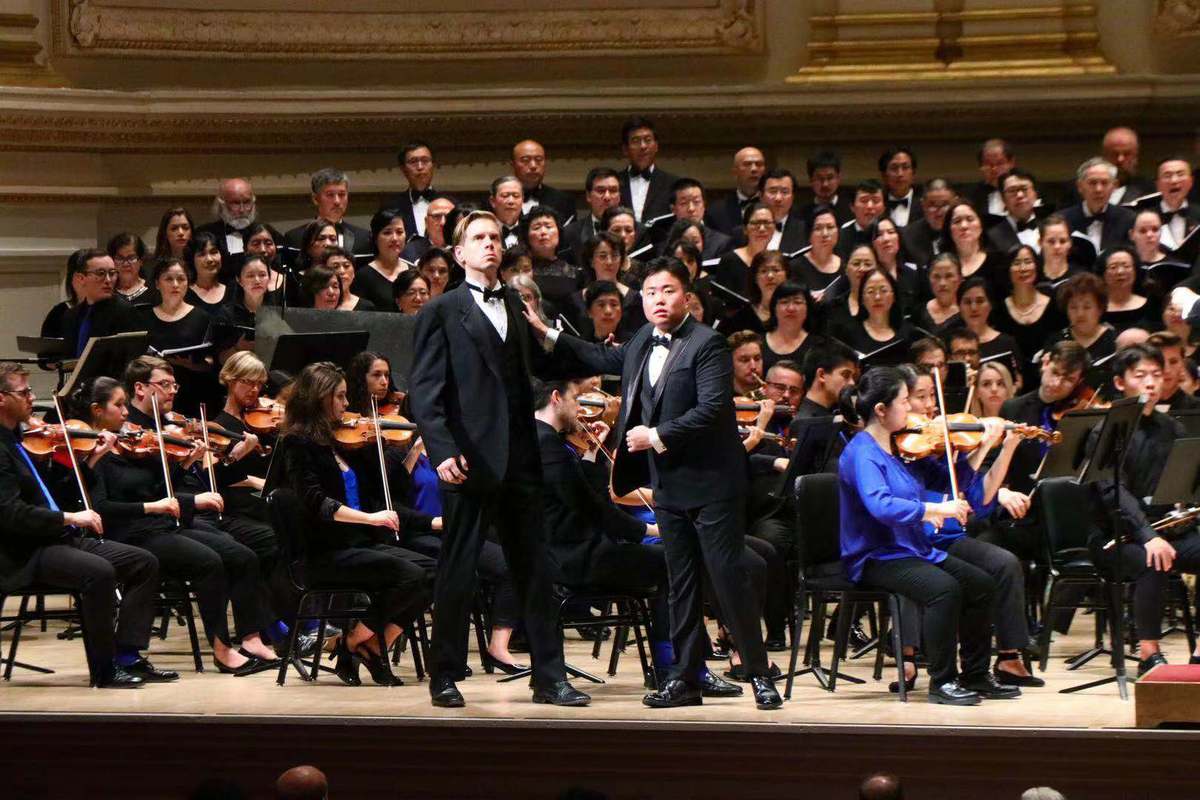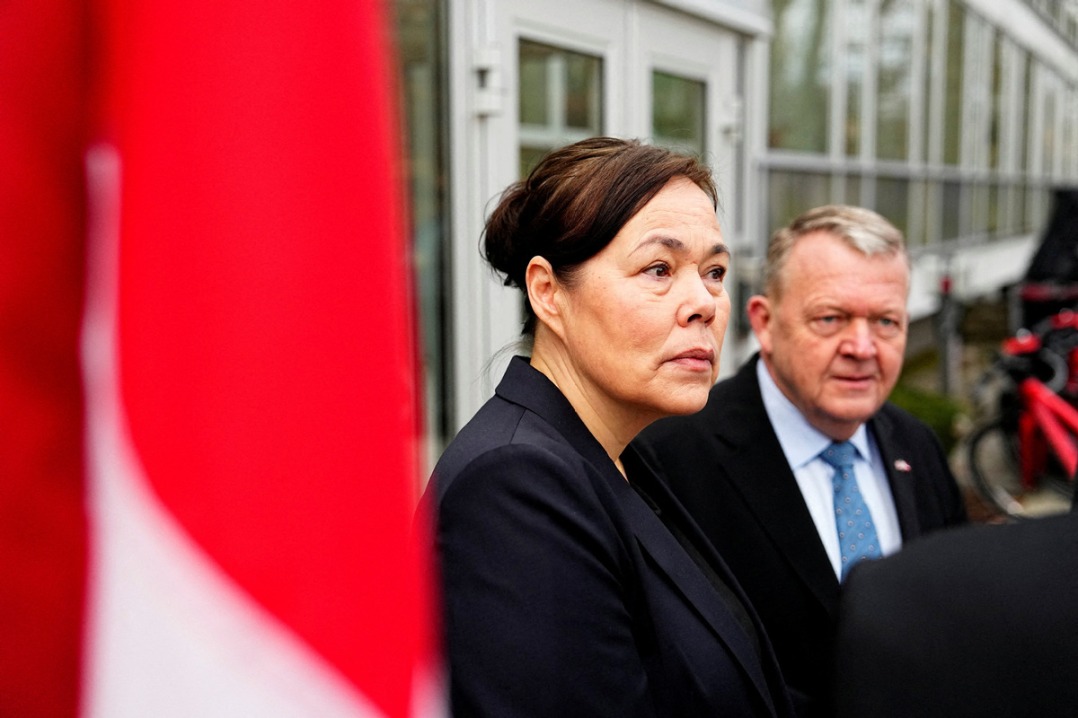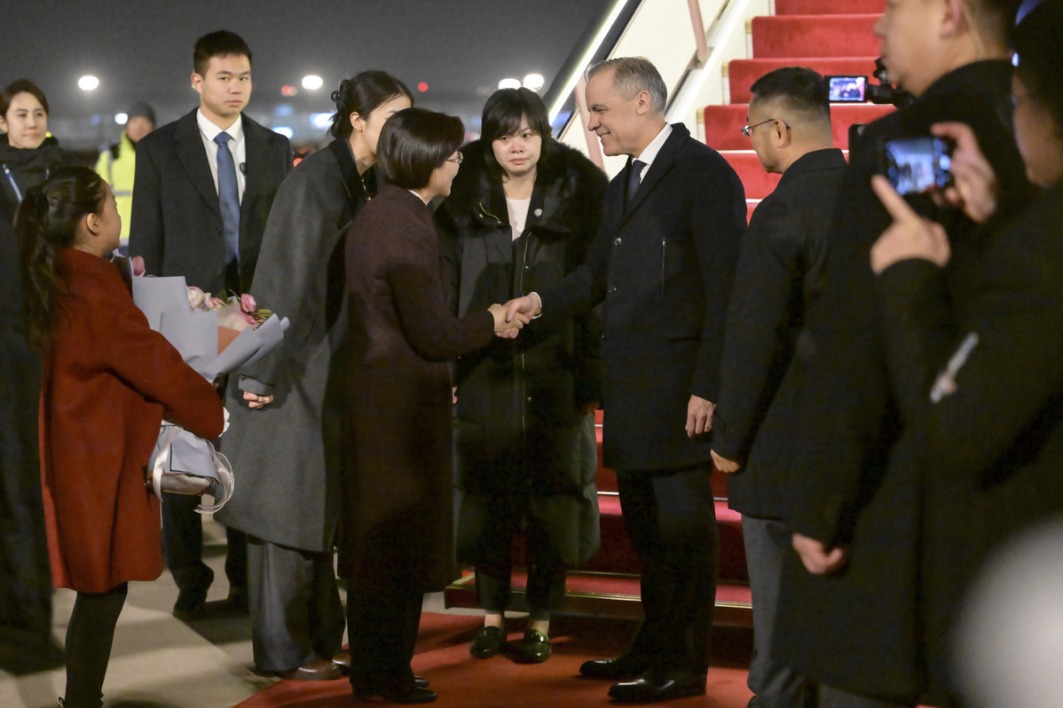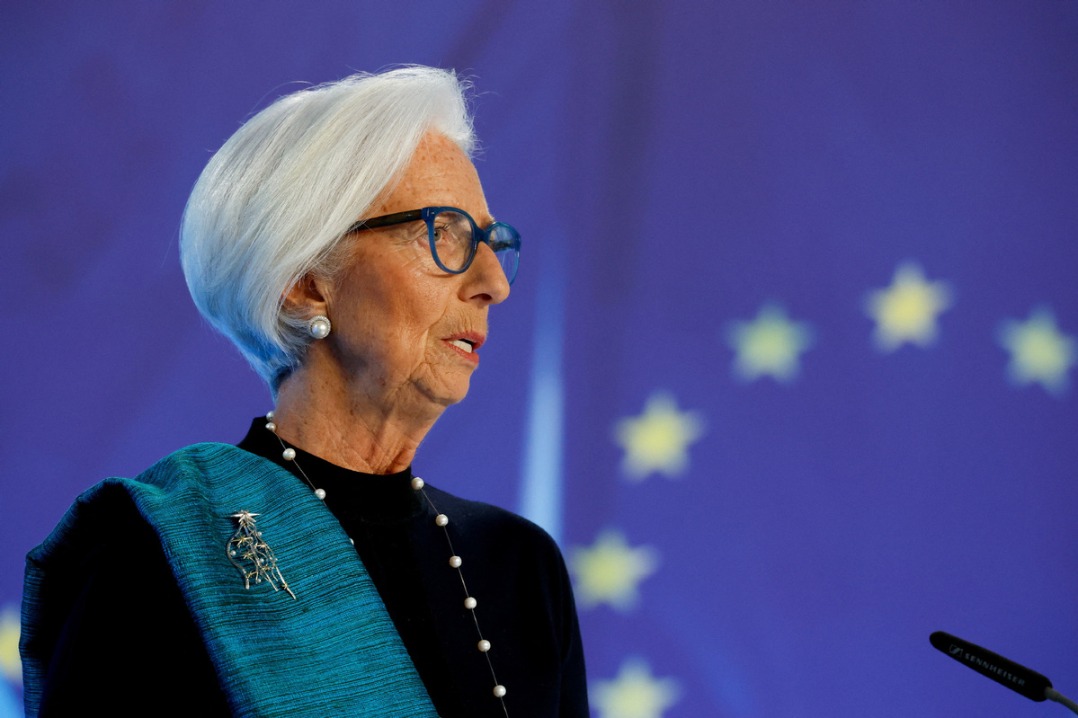Performance to honor Chinese laborers of US transcontinental railroad


A symphonic oratorio honoring Chinese workers' contribution in constructing the first transcontinental railroad across the US in the 19th century was premiered in New York on Wednesday.
Titled "Men of Iron and the Golden Spike," the 50-minute play featured six soloists and a chorus of both Chinese and American singers and told, through lyrics in Mandarin and Cantonese, a little-known but deeply significant chapter of history.
The oratorio gathered a crowd of over 2,000 people at the Stern Auditorium/Perelman Stage of Carnegie Hall. It was a significant part of the concert titled "From the Middle Kingdom to the Wild West," a highlight of the ongoing 2019 China Now Music Festival in New York.
The nine-movement music piece featured familiar tunes for the Chinese, including Cantonese folk songs such as the "Coolie Work Chant" and "moonlight Shines".
"I wanted to convey a deep sense of reverence for our Chinese ancestors who suffered injustice," wrote Zhou Long, composer of the piece, in the program of the play.
The symphonic oratorio and its debut performance are "dedicated to the legacy of the Chinese railroadmen," he continued.
The play commemorates the completion of the 3,077km-long transcontinental railroad, which celebrates its 150th anniversary this year.
Before its completion, the journey between the two coasts took as long as six months, and the vast land of the west left largely undeveloped.
Between 1863 and 1869, almost 20,000 Chinese men, mostly male immigrants from southern Chinese province Guangdong, joint the construction of the western portion of the railroad.
They "labored under perilous, often deadly conditions to build the tracks that would join the Eastern and Western halves of the US and forever transform our nation," wrote Cai Jindong, conductor of the debut performance and director of the US-China Music Institute of the Bard College Conservatory of Music, in the program.
And they could not bring their family along because of repressive immigration laws, thus labored alone, far from their loved ones, wrote the prologue of the play.
They also earned 50 percent to 70 percent less than their Irish peers, despite being as capable as them.

With all their contributions, the Chinese workers, however, became "nameless heroes", as described in the prologue.
They were not invited to the celebration ceremony that took place on May 10, 1869, in Utah, where the eastern and western portions of the railway were joined by a ceremonial "Golden Spike" driven into the ground.
Nor were their contributions well documented.
"There is no book, no piece of paper that records their names and their contributions," wrote the prologue. The only trace they left behind was a ship that carried the ashes of 1,200 laborers back to their homeland in the mid-19th century.
The music work is thus created "to amplify the long-silent voices of the railroad Chinese" with collaborated efforts of the Stanford Chinese Railroad Workers in North America project, which has been conducting researches in this topic since 2012, the university's Center of East Asian Studies, and the Bard College Conservatory of Music, according to Cai.
Following the path of the railroad's westward expansion, the show will be performed at Stanford University in California on Oct 6.
The concert on Tuesday featured another concerto for orchestra by Pulitzer-winning Zhou. Titled "The Classic of Mountains and Seas", the orchestra was inspired by Chinese mythologies described in the ancient Chinese text Classic of Mountains and Seas (Shan Hai Jing).
Featuring a series of concerts and lectures, this year's second China Now Music Festival has the theme "China and America — Unity in Music" and celebrates the 40th anniversary of the establishment of diplomatic relations between the two countries.

































